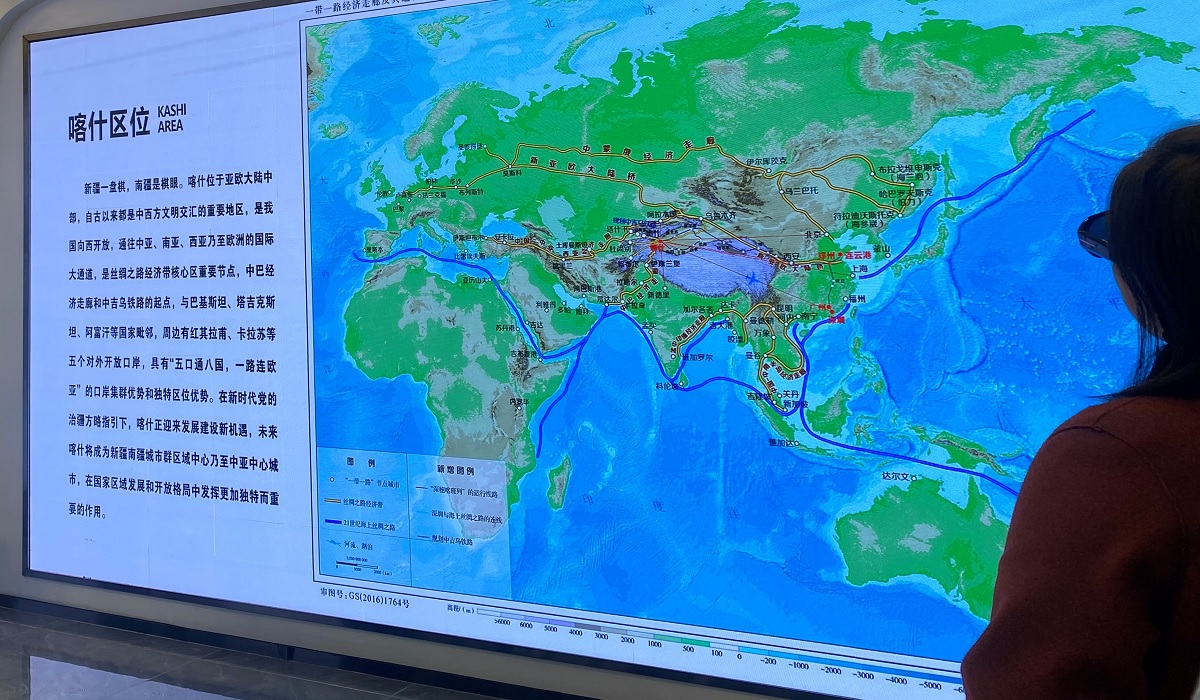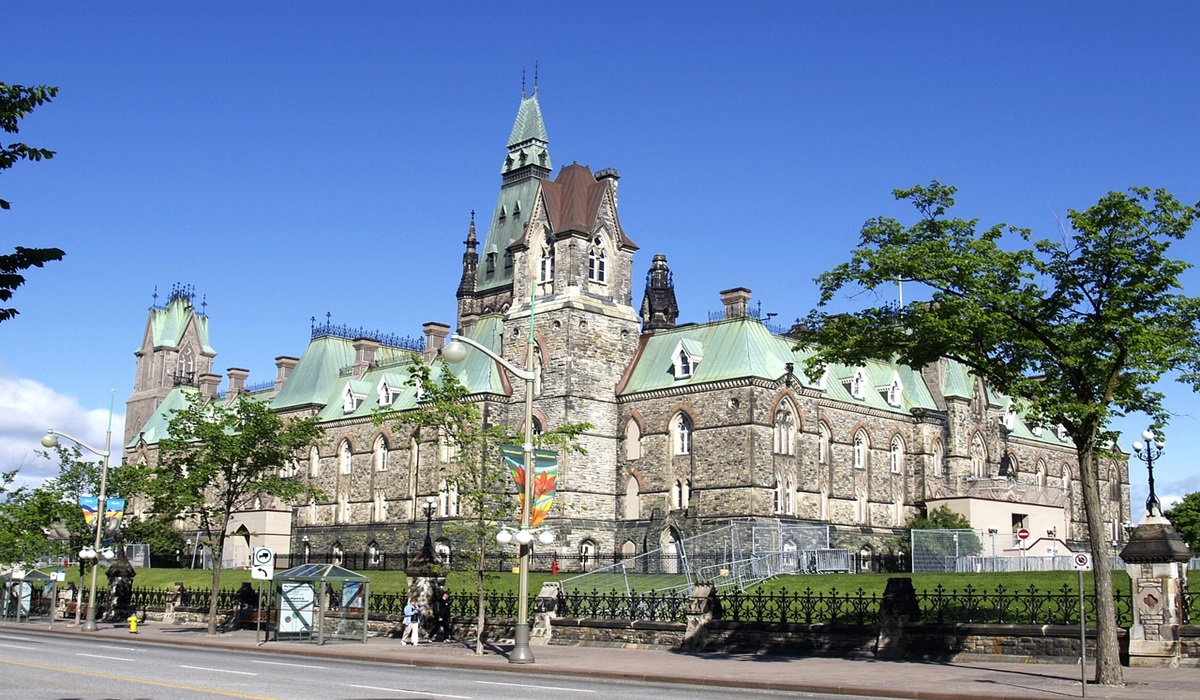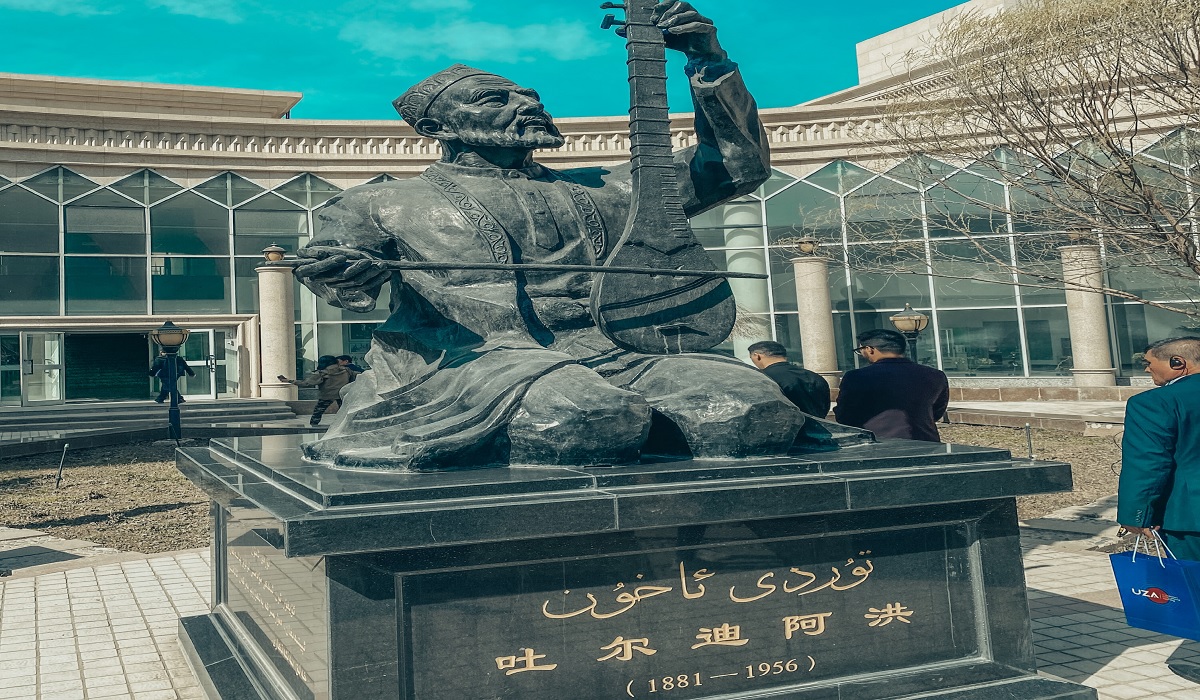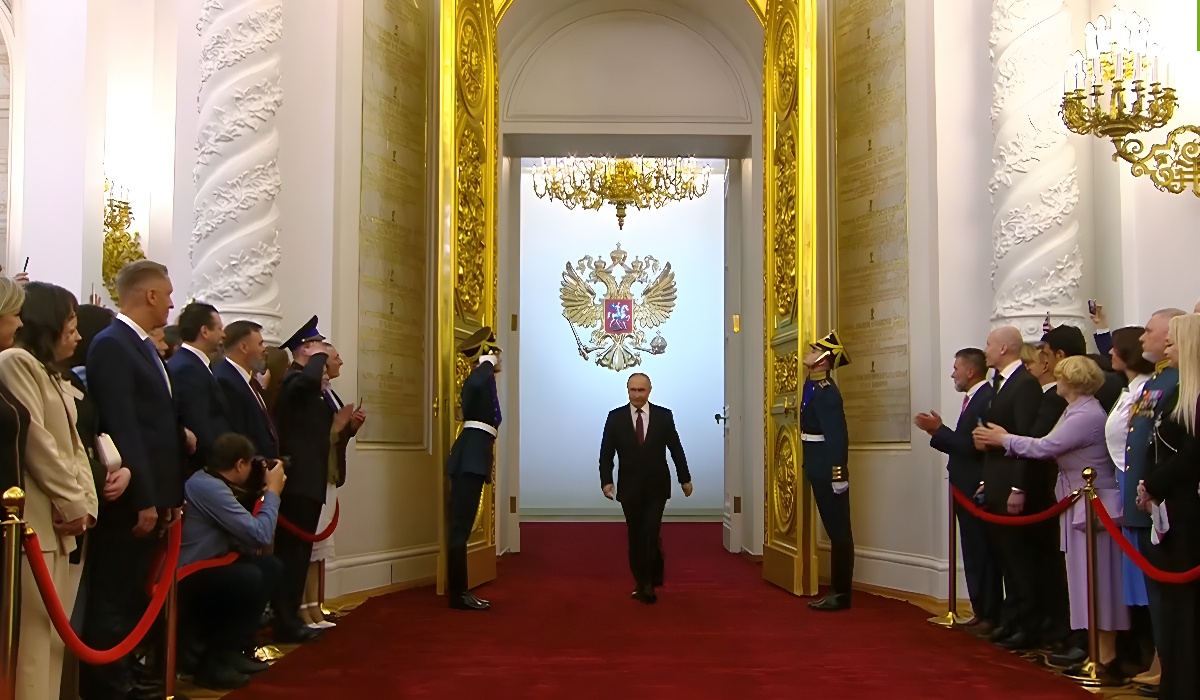Refugee Makers: Western Nations and the Cycle of Displacement
- TDS News
- Trending
- World News
- November 2, 2023
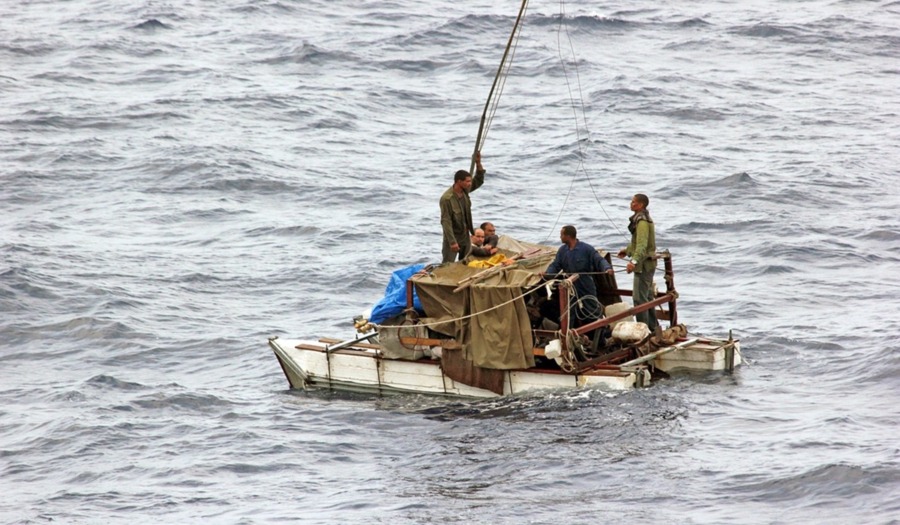
The world has witnessed a disturbing trend – the rise of refugee makers among Western nations, with the United States at the forefront. These countries, often under the pretense of supporting allies and promoting peace, have employed their formidable war machines to devastating effect in other countries, resulting in the creation of countless refugees.
Notably, the US has frequently entered other countries under the auspices of international organizations like NATO and the UN, claiming to liberate populations from oppressive regimes or to eliminate perceived threats and terrors. While there may be valid motivations behind these actions, the result often involves the destruction of homes, civilizations, and critical infrastructure, with countless lives lost in the process.
The irony lies in the fact that many Americans, who themselves have diverse roots in immigration, are increasingly averse to accepting refugees into their country. This sentiment is mirrored across Europe, where African refugees risk their lives in dangerous boat journeys, only to be met with reluctance and rejection. This shift is particularly striking considering the historical context of European colonization and exploitation of African resources, which continues to impact the continent.
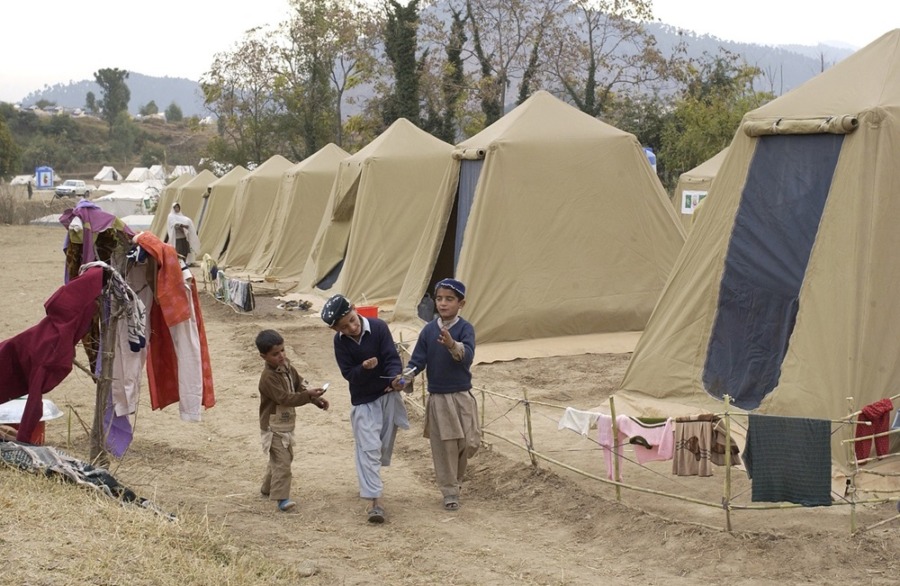
The current crisis in the Gaza Strip provides a glaring example of how power imbalances contribute to refugee creation. The Israeli Defense Force, under Prime Minister Benjamin Netanyahu, plans to relocate Palestinians to the desert, where they will live in tents, potentially seeking recognition as immigrants in Western nations. This approach has drawn significant international criticism for its human rights implications. This reality underscores the need for a more nuanced approach to international conflicts and their consequences.
In essence, global military elites find themselves entangled in a cycle of conflict and displacement, where their actions inadvertently contribute to the problem they aim to solve. This calls for a reevaluation of foreign policy, a focus on addressing the root causes of conflict, and a commitment to finding sustainable solutions to global crises.
The refugee crisis is not solely a consequence of the countries where refugees originate but is, to a significant extent, a result of the actions and policies of Western nations. As they continue to support or engage in conflicts worldwide, these countries must acknowledge their role in creating refugees and strive to find comprehensive solutions to this humanitarian challenge.

